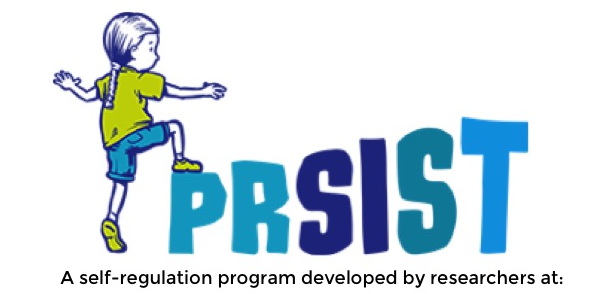
Managing Musicians
What to do: Have children sit in a circle and place one instrument in front of each of them. Instruct children to place the instrument on their lap ‘silently’ (no sound) and not to play them until the conductor instructs them to – this is a good opportunity to discuss what a conductor is, and how they orchestrate a large number of musicians. Have the children play their instruments when the conductor is moving their arms, and stop as soon as the conductor stops. After each pause, have children move to the spot next to them with a different instrument – again being careful to put the instrument silently on their lap. In subsequent rounds, you can introduce playing loud or soft, fast or slow, etc. based on how the conductor moves their hands.
Too easy? How to increase challenge: Have children do the opposite – play when the conductor is still and be still when the conductor is moving their arms. Even harder? Have children keep their legs still (feet firmly planted on the floor) as the rest of their body is active playing along with the music.
Ideal formation(s): Small group, until children are familiar with the instructions. You might also consider using a visual stop card to be inclusive of younger ages, developmental ranges and additional needs.
What you need: One instrument per child.
What it does: This activity challenges children’s ability to inhibit/discontinue urges and natural reactions that may feel compelling, but should no longer be undertaken.
Links to EYLF:
- Demonstrate an increasing capacity for self-regulation; Persist when faced with challenges and when first attempts are not successful; Increasingly cooperate and work collaboratively with others (from Outcome 1.2)
- Gradually learn to ‘read’ the behaviours of others and respond appropriately; Cooperate with others and negotiate roles and relationships in play episodes and group experiences (from Outcome 2.1)
- Persist even when they find a task difficult (from Outcome 4.1)
- Develop an ability to mirror, repeat and practice the actions of others, either immediately or later (from Outcome 4.3)




